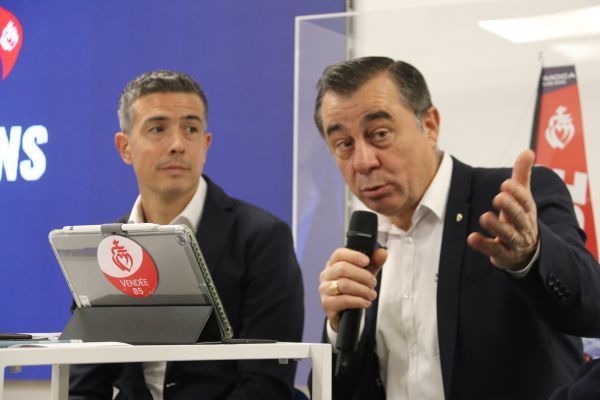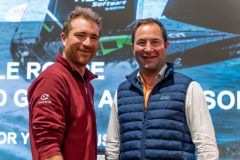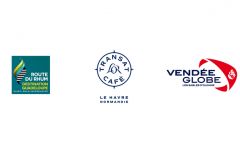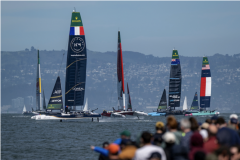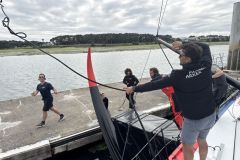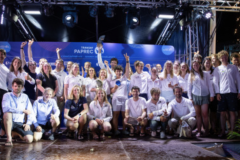Visit november 12, 2028 by the end of the year, a maximum of 40 boats will have set off from Les Sables d'Olonne on a non-stop, unassisted, single-handed round-the-world race. The Vendée Globe will then celebrate its 40 years old and its 11th edition . But to get on the starting line, the rules are changing, in the interests of sporting fairness, environmental commitment and clarity of the qualification process.
A capped fleet and a timetable to keep to
No more than 40 participants, no more. And to claim a place, you'll have to adhere to a precise timetable. Registration opens on February 16, 2026, 1000 days before the start. The closing date is set for September 10, 2027. The timetable is clear, so teams can get organized.
Qualification: focus on reality, not promises
Each candidate will have to validate a Grade 2 single-handed race between 2025 and 2028, aboard the boat with which he or she plans to compete in the Vendée Globe. And the time achieved must not exceed twice that of the winner.
But that's not all. You'll have to be among the top 37 in the IMOCA Globe Series rankings, by accumulating points in the various championship events. To avoid side effects, only the 9 best performances in grade 1, 2 or 3 will be taken into account. Results from Grade 4 races will all be taken into account, without exception. 3 wild cards will be used to broaden the field.
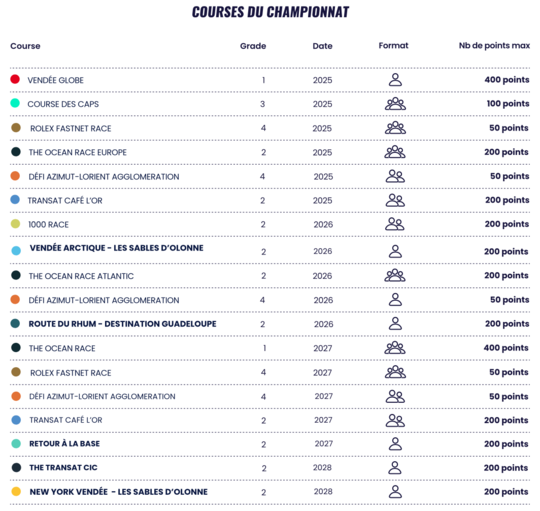
A key qualifying race: the Vendée Arctique 2026
The first event in the qualification cycle, the Vendée Arctique Les Sables d'Olonne will start on june 7, 2026 . Destination the Arctic Circle, before returning to the port of Vendée. This Grade 2 solo race will be a decisive stage for the contenders.
Legible, calibrated and sanitized grading
For each race, the ranking takes into account place, rank and format (solo, double, crew). The system defines a precise scale, up to 400 points for major events. This method smoothes out absences (technical, personal, medical) and encourages regularity. This new concept obliges sailors (and sponsors) to make a long-term commitment.
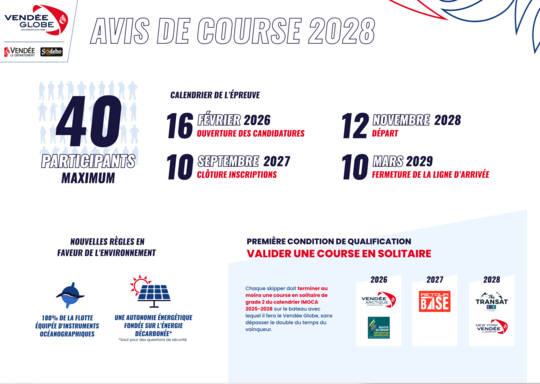
A technical requirement: greater equality and less fuel consumption
Each boat must carry at least one scientific sensor. Already tested in 2024 by 25 skippers, these buoys will enable us to collect rare data on little-explored areas of the world's oceans. In this way, the Vendée Globe is part of a useful race, at the service of oceanographic research.
Another turning point: skippers will have to aim for energy autonomy from decarbonized sources. The use of fossil fuels will be reserved for safety situations. This constraint has a direct impact on the energy design of IMOCA boats, and will encourage teams to reinforce their renewable energy production systems.

 /
/ 